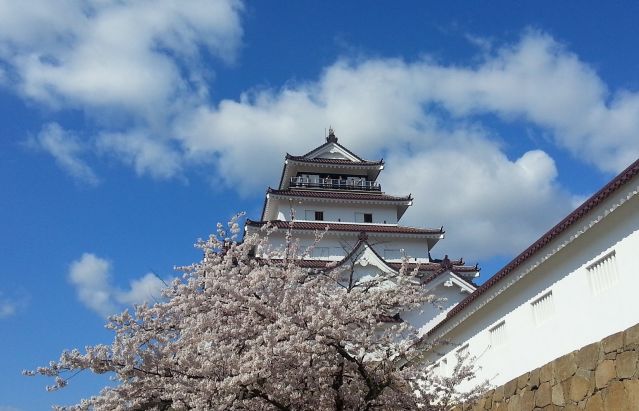Neuroscience
Living in Every Breath, Every Cup of Tea
Remember who you are and your connection to all living things.
Posted May 2, 2023 Reviewed by Hara Estroff Marano
Key points
- The original meaning for mindfulness or heartfulness is "to remember to observe."
- Remembering who we are and our connections to all living things is a way of being present in our lives.
- Samurai knew that bringing attention to our breath, to the mundane, with gratitude, is the foundation of well-being.
- Today we have a neurobiological explanation of how balancing the autonomic nervous system improves health.

When I remember
I feel life in every breath
Every cup of tea
This haiku comes from a scene in the film Last Samurai in which a samurai explains Bushido, the way of the warrior. I showed it to people in the Department of Pathology at the Stanford School of Medicine as part of their diversity, equity, and inclusion symposium. This was their first time back together after years of working at home in isolation. Burritos and drinks had lured them into the room. I knew that many were suffering, as we all are, from loneliness, anxiety, depression, and feeling burnt out. What could I offer them in an hour that might relieve some stress and enhance their resilience?
The scene I showed was one way of doing this. I used it to explain what I call "heartfulness" and its original meaning in Pali, "to remember to observe." It's interesting to look at the kanji character that is close to this meaning of remembering to observe. 念 (nen in Japanese) shows the presence of our soul. The kanji for "forget" shows a loss of soul: 忘 (wasureru in Japanese). So if we remember who we are, observing that we are part of nature, and connected to all living things, then we are living in the moment, being present in our lives, as they unfold.
The samurai explains that awareness of death and even a longing for it guides his way of living. Connecting with his ancestors gives him a sense of union with the natural, ephemeral beauty of cherry blossoms. He realizes that his life is enriched by allowing himself to be fully alive in every breath and every cup of tea.
I find this scene especially poignant because it was taught to me early in life as the samurai way, the way of my ancestors that was a way to confront my fears and help me through hard times.
I knew that many of the people in the audience have been affected by long-term stressors like the global pandemic as well as past and present collective and individual traumas that cause a constant state of unease, uncertainty, and worry. I wanted to share with them a way that I find meaning and courage to move on and say Yes to life despite everything.
I knew that many of the scientists listening to the story were moved by it in a way that they could not be moved by cognitive information. I also knew that they are convinced by a neurobiology explanation of how balancing the autonomic nervous system improves health. It makes it more real to them if they understand what they are feeling in terms of balancing their sympathetic and parasympathetic nervous systems.
The ways of regulating our nervous system are simple and varied. Some they may have never tried, such as qigong, tai chi, meditation, or yoga. Others are familiar, like nature walks, eating well, caring for a pet, or small acts of kindness. It's as true today as it was for the samurai that bringing attention to our breath, to the mundane, with gratitude for the small things in life, for what we have, is the foundation of well being.


